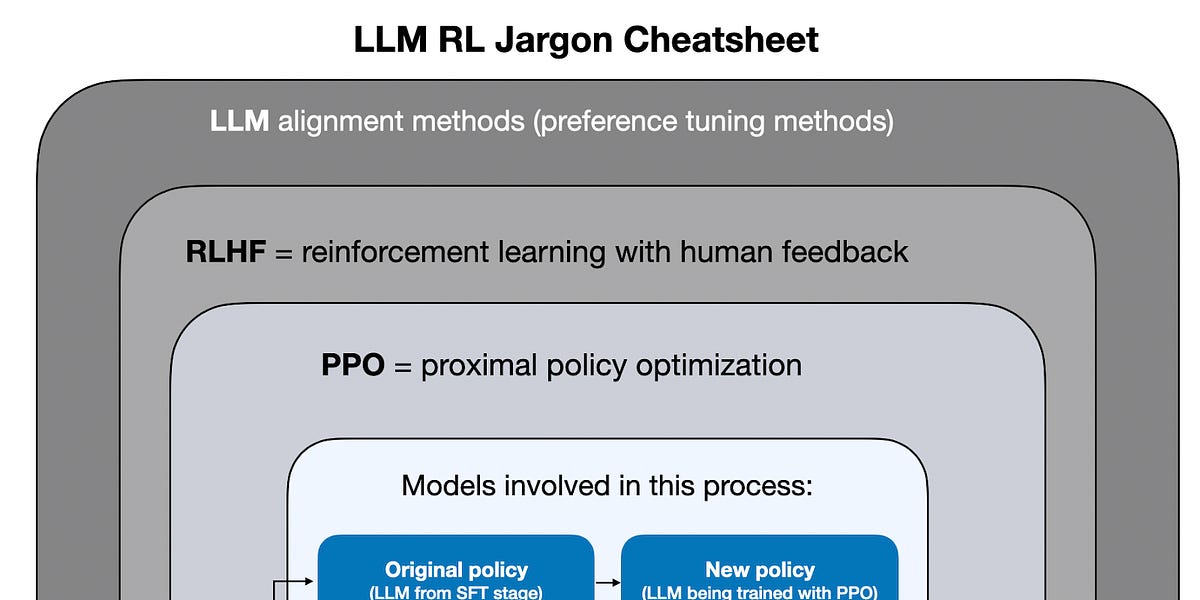Accenture has been the most outspoken about reporting revenue and sales from generative AI. Now, the service consulting firm is also highlighting how the government and the recent federal changes have affected its revenue. This could have a significant impact on the upcoming Indian IT results.
In its latest earnings call, Accenture reported a revenue of $16.66 billion for Q2, marking a 5.8% decline from the previous quarter, though still 5.4% higher than the same period last year.
The results come as India’s top five IT firms prepare to release their financials next month, with some struggling to maintain growth and others slipping into negative territory in recent quarters.
However, a key factor in the revenue slowdown stems from uncertainty in US government contracts, which account for a significant portion of Accenture’s earnings. The review of federal contracts by US President Donald Trump’s administration has further added to the challenges.
“In recent weeks, we have seen an increase in the already significant uncertainty within the global economic and geopolitical environment, marking a shift from our first quarter FY25 earnings report in December,” said Julie Sweet, CEO at Accenture.
Sweet further stated that the US government had directed federal agencies to review contracts with the country’s 10 largest consulting firms, including Accenture Federal Services, and identify those that are not mission-critical.
This comes at a time when Indian IT CEOs from HCLTech and Infosys are increasingly concerned about AI and are mulling whether they should abandon their 30-year-old business models.
What do Analysts Say?
Not everyone agrees that there will be a direct impact on Indian IT. This is because they don’t operate the same way as Accenture does with the US government markets.
“Uncertainty in the market is causing a delay in some decision-making as firms wait to get more clarity on the impact of the new policies. To date, it appears that smaller IT and business services deals will feel the effects more than larger deals, which are more likely to be driven by existing cost optimisation goals,” Namratha Dharshan, chief business leader at India Research, ISG, told AIM.
She added that smaller deals, especially ones in the $5-$9 million range, bounced back in Q4 24. “It was one of several signs that discretionary spending was starting to open back up. The recent policy announcements could slow down that growth again, not just in the industries directly impacted by tariffs, but also in those that provide services to the industries most impacted,” she added.
Similarly, DD Mishra, VP analyst at Gartner, told AIM that there won’t be much medium to long term effect, just initial challenges, but requires significant considerations.
“The demand for operational efficiency and optimisation is likely to rise, providing room for continued transformations. There will be an impact of these changes on the various systems leading to some opportunities that can also be leveraged. Overall, IT companies need to be strategic and proactive in exploring the new opportunities, which could potentially drive growth in the future,” Mishra said.
Harish HV, managing director at ECube Investment Advisors, told AIM the impact that these changes had on Accenture is not going to be the same for Indian IT as they do not work with the federal government.
Federal contracts contributed 8% of Accenture’s $64.9 billion revenue last year, making the review process a crucial development to monitor. This is not true for Indian IT firms like TCS, Infosys, Wipro, or Tech Mahindra.
“Right now, there is a lot of flux. Going forward, based on what kind of changes come, there may be a need for more IT solutions…So, it’s very difficult to come to a clear conclusion whether this will cause any damage to IT companies in general or IT companies from India in particular,” Harish said.
“I think it is better to wait for a couple of months to see how much of these translate into what kind of action,” he added. “Indian IT companies have adapted. They started with Cobol in the ancient ages but adapted to whatever the current tech platform was that was being used widely.”
Despite the downturn, Accenture is pushing forward with expansion plans, allocating $3 billion for acquisitions—nearly half of its projected growth for the fiscal year.
Looking ahead, Accenture forecasts revenues between $16.9 billion and $17.5 billion for the next quarter while maintaining its full-year growth guidance at 7%.
“While we continue to believe our work for federal clients is mission critical, we anticipate ongoing uncertainty as the government’s priorities evolve and these assessments unfold,” Sweet said during the earnings call. “The new (Trump) administration aims to run the federal government more efficiently. During this process, many new procurement actions have slowed, which is negatively impacting our sales and revenue.”
Similar to Harish, Viswanathan KS, independent digital transformation advisor and former VP at Nasscom, told AIM that it is just initial anxiety within companies because of the leadership change in the US, which is not going to make a lasting impact.
“Business and enterprise in the US are immune to the government changes. There is always anxiety for the initial three to four months. This is just that phase,” Viswanathan said.
“Whether it is Accenture or Capgemini or Infosys or Wipro, whatever it is, they are all impacted partly by the government change, but largely by their ability to adjust to the new model,” he added. “The new model is not necessarily in terms of more people, more in terms of outcome.”
“On the other hand, whether it is WNS or EXL or Fractal or any other pure play AI players, they are not slowing down at all,” he said, adding that AI is going to play a big deal going forward for IT services and might also announce their generative AI revenue from it.
Despite all the changes, the Indian industry still grew by 6%, as projected by Nasscom, which will also be because of the GCCs coming into the country. “There is no impact on GCCs,” he added. “We are adding $13 billion this year as well, just like last year. $13 billion is not a small amount.”
Generative AI Gains Traction
Sweet also acknowledged that trust and confidence in their unique strengths and capabilities are reflected in 32 clients with quarterly bookings over $100 million. The company showcased strong growth in cloud, security, and creative business divisions.
Accenture secured $1.4 billion in new generative AI bookings last quarter, comprising 6.7% of its total order bookings of $20.9 billion.
Revenue from generative AI projects reached $600 million in the same period, bringing the total to $5.6 billion since September 2023.
As the first IT company to disclose direct revenue from generative AI, Accenture has set a benchmark. At the same time, Indian IT giants—TCS, Infosys, HCL, Wipro, and Tech Mahindra—have yet to reveal their AI revenue figures.
With earnings season approaching, analysts are warning of slower-than-expected growth in FY26, citing rising interest rates, geopolitical instability, and potential new US tariffs.
For Indian IT firms, demonstrating tangible AI-driven revenue will be crucial. The pressure is mounting for these companies to show they are not just investing in AI but also generating significant returns.

 3 weeks ago
14
3 weeks ago
14


